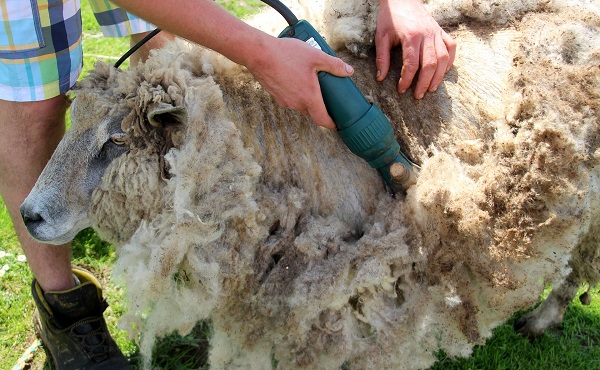Burn the Midnight Oil
 The night before final exams, students often burn the midnight oil. They study late hoping to make good grades.
The night before final exams, students often burn the midnight oil. They study late hoping to make good grades.
To burn the midnight oil means to stay up late studying or working.
Before electricity, people used oil lamps or candles for light after dark. If they stayed up until midnight or after, they used extra oil.
This expression appeared in a 1635 poem, “Emblems,” by Francis Quarles.
People often burn the midnight oil because they fail to study or work during regular hours.
If they work harder earlier, they enjoy a job well done plus a good night’s sleep.
Work or study occasionally requires extra effort.
In those cases, late work must be done to complete the task.
Whether we burn the midnight oil or complete our work early, we need occasional breaks.
Instead of burning the candle at both ends, we need time to:
- Be still in God’s presence.
- Let God’s peace fill us.
“At midnight I rise to give you thanks for your righteous laws” (Psalm 119:62 NIV).
Thanks to Becky Nash Rowe for the suggestion and to Jeri Stone for the photo.
Do you have an expression you want explained or a thought about this one? If so, please comment below.
Subscribe to receive my weekly posts by email and receive a free copy of “Words of Hope for Days that Hurt.”
If you enjoyed this post, please share it with your friends.








